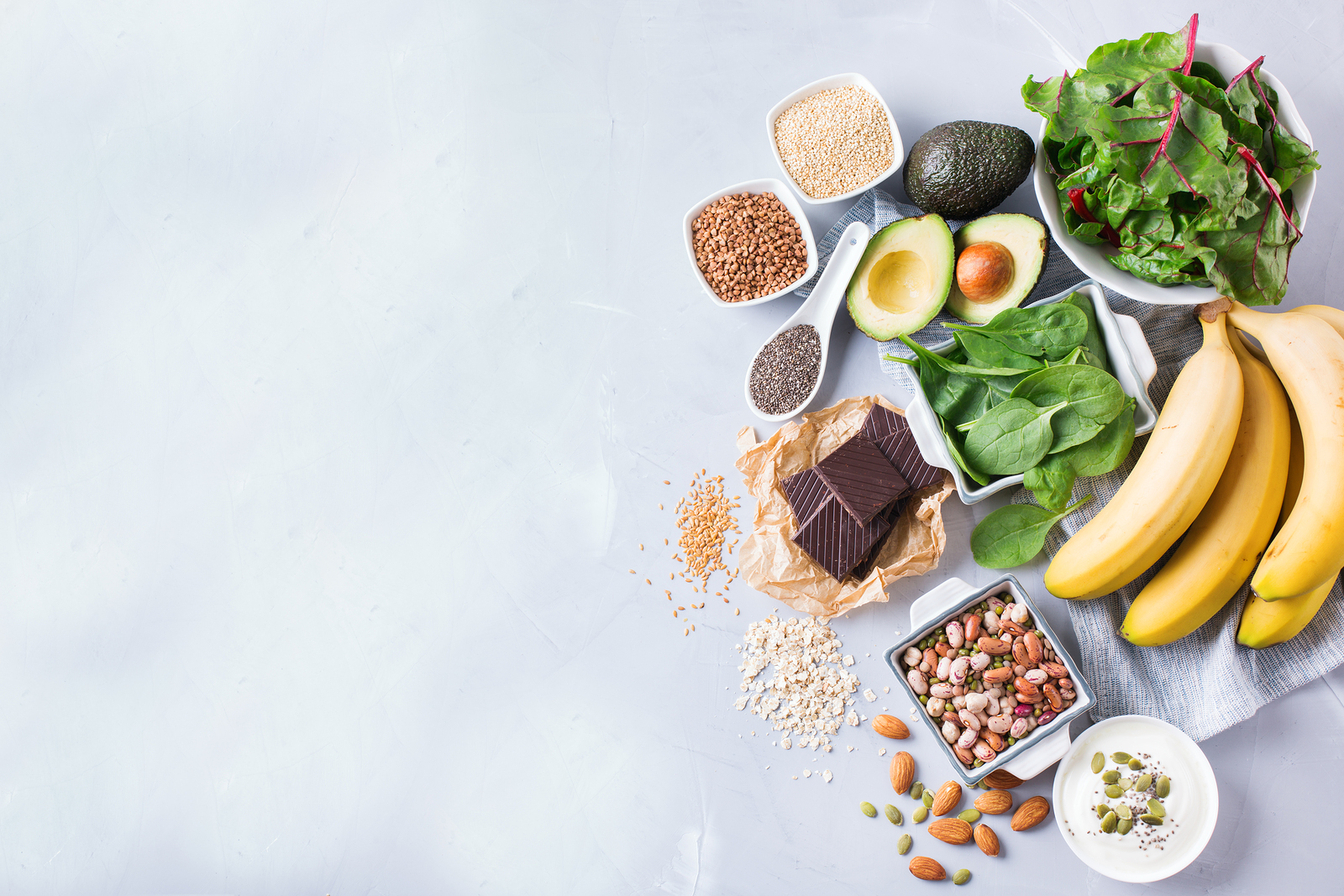Nutrient Deficiencies that Cause Burn Out
Apr 06, 2020 08:16
When a job keeps making people tired or stressed out, many feel the perfect solution to their problem is to change jobs, go on vacation or get another manager. But often, the real problem comes from poor nutrition than from a need to change the job scenery.
Is it possible that a lot of your problems could be solved just by substituting a veggie snack for that midday candy bar? It may sound surprising, but a poor diet diminishes one’s quality of life. Therefore, it’s important to get the right nutrients for proper bodily function.

Now, let’s see what vitamin and mineral deficiencies may be causing your burnout: could be to blame for your burnout? Make sure you’re getting enough:
1. Iron
Iron deficiency can affect us all. But it’s more common in vegetarians and women. Signs of iron deficiency are dizziness, extreme paleness, headache, weakness and fatigue.
Iron-fortified foods like cereal usually have forms of iron that the body has problems absorbing. Therefore, the best way to remedy this deficiency, reduce the tendency to get infections and to improve your energy is to eat iron-rich foods like seafood, cruciferous greens (like broccoli, kale and spinach), beans, lentils and red meat are great sources of iron.
2. Vitamin B6
Vitamins in the B family help the body convert food into a source of energy. It’s a vital nutrient for pregnant women because it aids the baby’s brain development. However, the body can’t store vitamin B6, so it’s important to make sure you’re getting enough of this vitamin every day by consuming foods rich in vitamin B6.
People with autoimmune conditions and people with kidney disease need to pay attention to their vitamin B6 daily intake. Foods that are a good source of this nutrient are fish, chicken, bananas, chickpeas and bananas. Energy bars also are a good source of vitamin B6.
3. Iodine
People who live in mountainous regions tend to have iodine deficiencies because the crop soil is low in iodine. Low iodine causes irregularities in your body temperature, heart rhythm and metabolism. And since an iodine deficiency affects thyroid function, it also causes fatigue and affects a person’s overall mood.
Foods rich in iodine are table salt (in the U.S.), eggs, prunes, seafood, milk and cheese. Consider also taking a food supplement like Thyrosol to supports the healthy synthesis of thyroid hormones.
4. Vitamin D
Vitamin D does more than promote bone health. It also helps improve our mood. People more prone to vitamin D deficiency are children, older adults, vegans, people with kidney diseases and people with dark skin tones.
To get an adequate amount of Vitamin D in your diet, all you need to do is step outside and get some sun. No wonder people who tan a lot tend to be more easy-going than people who don’t tan! You can also get your fair share of vitamin D by eating eggs, fish and dairy foods.
5. Vitamin C
Vitamin C is an antioxidant and works wonders for repairing damaged cells and accelerating wound healing. However, when the body doesn’t get enough vitamin C, people can get scurvy, and they also experience fatigue, dry skin and overall weakness. So, if you’re a smoker, alcoholic, a person with kidney disease or a person who has a poor diet, you are at a higher risk for vitamin C deficiency.
To get an adequate amount of vitamin C, consume strawberries, citrus fruits, tomatoes, bell peppers and other foods rich in vitamin C. No one can make you eat healthier, but if you experience burnout enough, you’ll welcome the turnaround in your diet. Junk food may taste good, but it does nothing to help you combat the fatigue and stress you battle to survive the workday.
So, what’s the best way to do a turnaround in your eating habits? Take it one day at a time. Trying to do a complete 360 in your diet at once is bound to end up in frustration and failure. So, set milestones as you progress towards achieving your goal of a healthier diet. For example, create a milestone that involves you including more leafy green vegetables in your meals for a month, and then add something else for the next milestone. Using an app to track your nutrient intake is a good way of monitoring if you are consuming the daily recommended value for these vitamins and minerals. Instead of trying to keep track of each meal you eat, keep track of your dieting trends to see if you’re trying to incorporate adequate amounts of vitamins and nutrients into your diet. And soon, you’ll find yourself enjoying your job more because you’ll have more energy and less stress.







































































